AI & I Part 2 – The Robot Ate My Job

Alex Sudheim
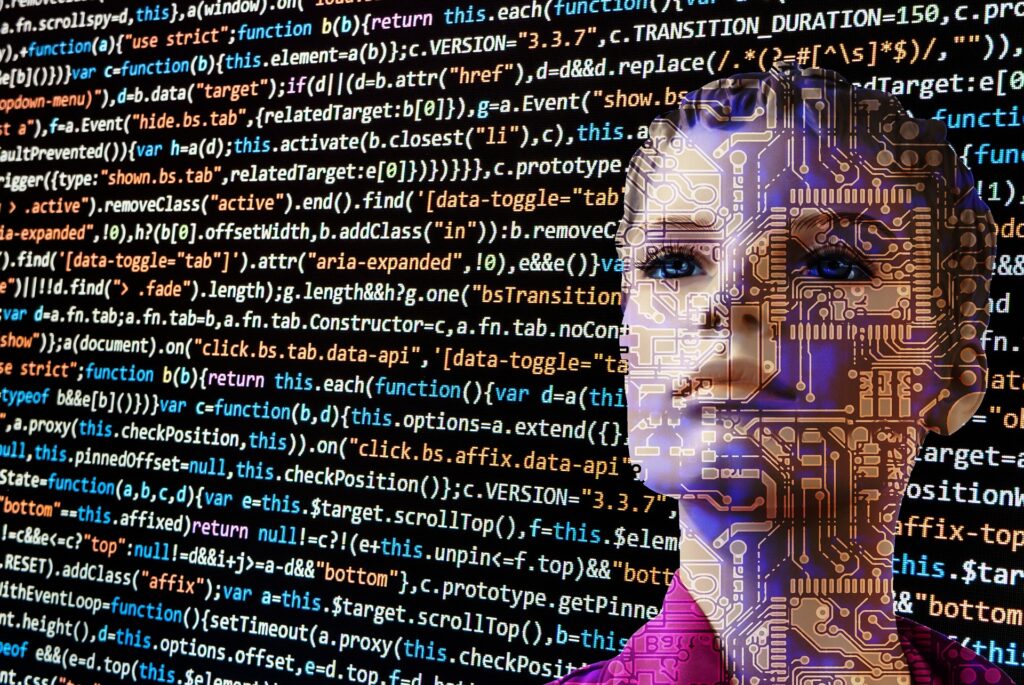
Welcome to the final instalment of the 2-part series dealing with what will almost certainly come to be seen as a defining feature of our age: the rise of artificial intelligence. While AI is hardly a bolt from the blue – the term was coined in 1955 – the release of ChatGPT by Open AI just under a year ago has catapulted it from the realm of the esoteric to the everyday. Not only is this immense power now at the fingertips of everyone, but everyone is now at the fingertips of this immense power.
The Big Picture
In Part 1 of this series, the micro lens was on the camera as we zoomed in on how AI might impact my own work and profession as a writer and content creator. For Part 2 we attach the macro lens and attempt to make sense of the wider scope of what AI might have in store for us as a species and what impact it is likely to have upon our various vocations and industries. Please note that my crystal ball is currently in for repairs and everything discussed here takes place purely in the realm of conjecture.
Once again, for those of the TL;DR persuasion, this piece attempts to unpick the following questions and arrive at tentative, speculative conclusions. Will AI kill us all? Will AI make every profession on the planet redundant? Is AI the foundation for the future or has it, ironically, already put itself out of a job? Of course there are no definitive answers to these queries. However, given the information currently available to us, one can formulate a few tentative hypotheses.
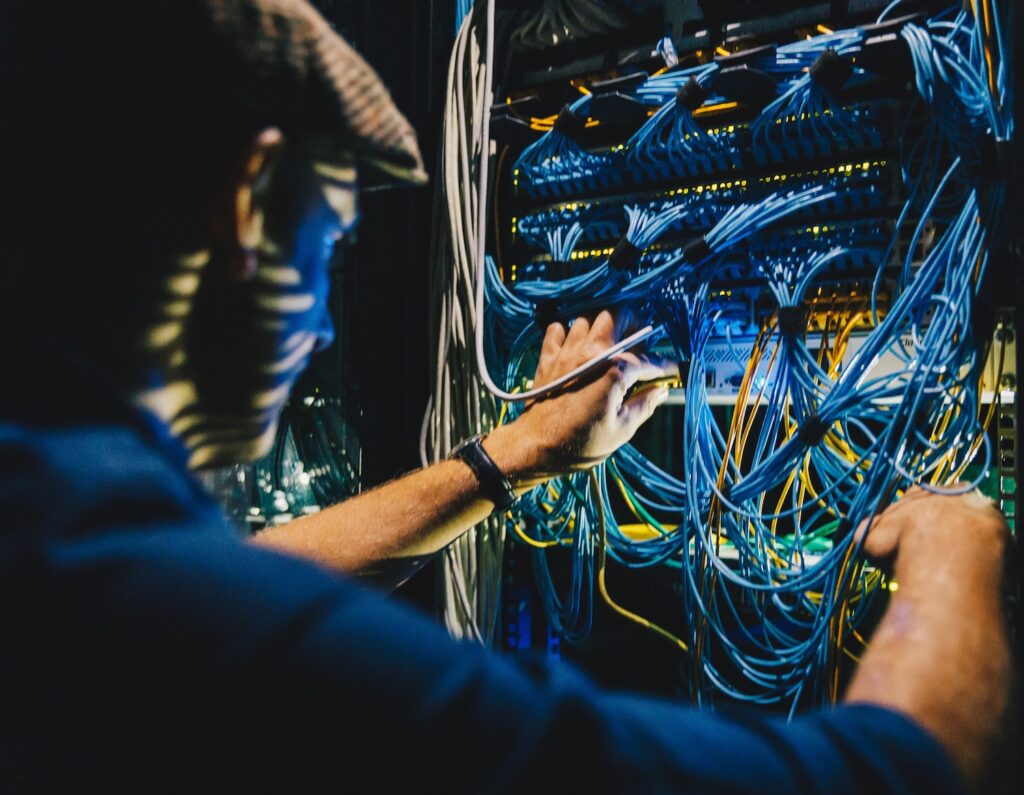
The Intelligence That Ate Itself?
Before we broach the angst-inducing, headline-grabbing dimensions of AI, it’s worth contemplating a basic plot point of the saga that appears to have been generally overlooked. Renowned sci-fi author Arthur C. Clarke famously said: “Any sufficiently advanced technology is indistinguishable from magic.” This might be the case when it comes to mind-blowing marvels such as full-body haptic suits for immersive VR experiences. But AI is oddly exempt from this dictum as the way it works verges on the banal: acquire vast amounts of data; distil said data according to user’s instructions; produce more data to meet user’s objectives.
Let’s say you’re a history student and you have a paper to deliver on Napoleon’s military strategy at The Battle of Waterloo. You simply give ChatGPT the order to “write 3500 words on Napoleon’s military strategy at The Battle of Waterloo” and hey presto. The AI does in moments what would take a human years: collates, assimilates and analyses all the available data on the subject and produces an erudite and original piece of writing on the subject. Not entirely ethical in this case, but the point here is to simply demonstrate the exceedingly simple mechanics of the software.
The identical methodology can be applied to any scenario where there is sufficient input data to generate an output. Logos; designs; paintings; poems; screenplays; novels; plays; textbooks; software; research; medicine; science; architecture; agriculture; engineering; animation; music composition; music production; journalism; content creation – the list goes on. In short, very few forms of what we call “knowledge work” are immune from being optimised by AI. Having said that, the prevailing narrative is that of AI complementing rather than replacing the intellectual endeavours of humans. But more on that below.

The data used as input by AI takes the form of everything that human beings have produced since the species started documenting every endeavour we have ever undertaken. Be this artistic or scientific in nature, the data points used by GenAI to produce new solutions at breathtaking speeds are drawn from this body of recorded output. For example, one could easily train an AI to generate a “new” play by Shakespeare by having it “read” every play Shakespeare ever wrote.
However the critical limiting factor here is that Shakespeare wrote 38 plays, meaning that there is a finite amount of new plays AI can create using the original source material. Let’s say that an AI can generate 12 brand new plays using the input data. That output data then becomes part of the input data, meaning the AI now has 50 plays to, ahem, play with. It doesn’t take any rocket science to realise this is nothing less than the technology equivalent of inbreeding. As output folds back into input, it very quickly dilutes and corrupts the ensuing output, leading to a case of rapidly diminishing returns where AI becomes the digital equivalent of the ouroboros, the mythical snake devouring its own tail.
To extrapolate from a single hypothetical example into all industries and professions, AI will in a matter of months exhaust the input data created over millennia by humans. Since AI is currently incapable of creating original material from nothing – or anything involving slippery intangibles such as morals, values and emotions – it will soon be recycling its own content and find itself stuck in an infinite feedback loop.
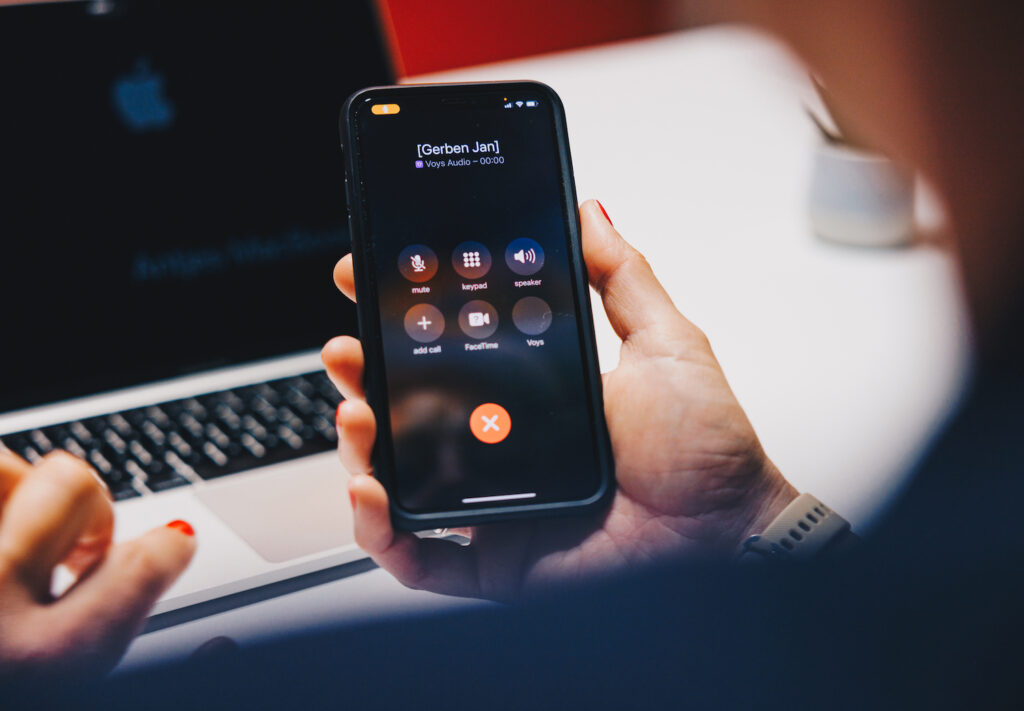
Industry Disruption
Although the situation outlined above is purely speculative, it nevertheless exists within the realm of possibility. However, at this point in time at least, the consensus is that humans simply cannot be replaced and that the human dog will continue to wag the tech tail and not vice versa. This sentiment was expressed in a recent article on the role of AI in the contact centre industry. “The emotional intelligence and understanding that humans offer cannot be fully replicated by AI. In essence, the digital economy has elevated the role of contact centre agents from mere problem-solvers to critical brand representatives, equipped with technology and empowered to offer an enhanced and integrated customer experience.”
AI is a disruptive presence in many professions. Whether this is ultimately for better or worse remains to be seen. Jon Griffin, a highly skilled and experienced 3D animator, VFX specialist and motion graphics designer based in the UK, describes the impact of AI on his extremely specialised vocation as follows. “First there was panic. Artists were arriving at concept meetings with (genAI programme) Midjourney artwork and clients were loving it. But then they couldn’t actually build what they presented,” he says.
“There are already many AI tools in the VFX industry replacing jobs and I am very aware and a little nervous about what might be going on in 10 years time,” he continues. “AI is moving so fast that it’s hard to keep up. I’ve taken my hands off the wheel and am taking a step back to get perspective. The tools and apps are changing and being replaced every few months/years by better ones and just keeping up is exhausting. We will all have to adapt in some way, but it’s absolutely critical to keep developing your skills,” he says, before concluding: “Let’s hope we end in a utopia and not the other option”.
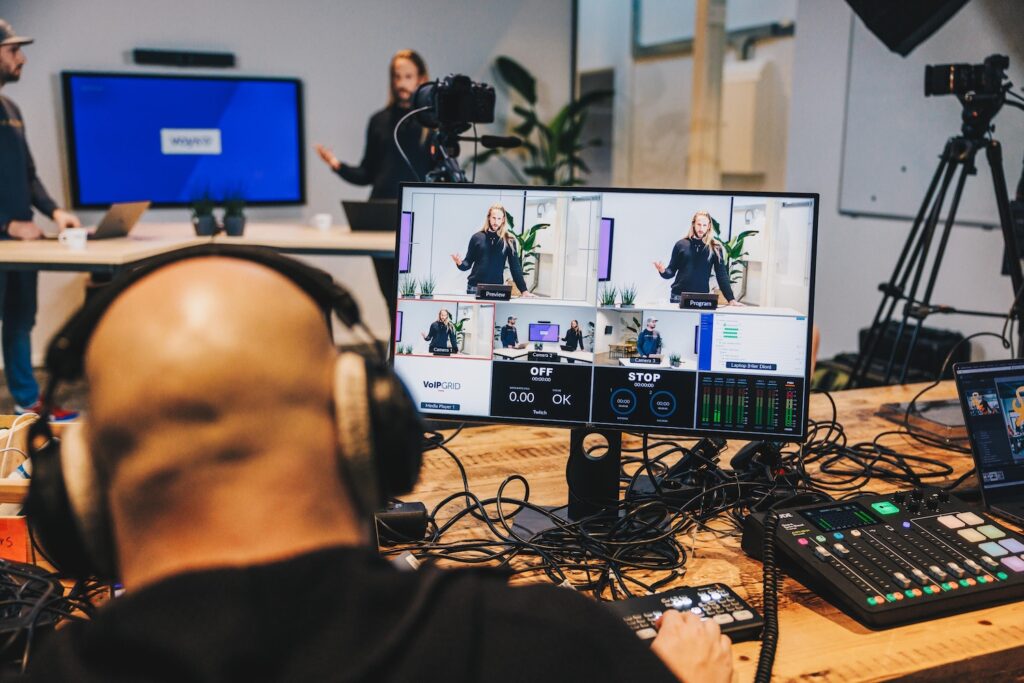
As a professional copywriter, I have also brushed elbows with AI. I was recently asked by a tech company to write the script for a video they were producing for the purposes of pitching their latest tech tool to the retail industry. When outlining the brief, the MD of the company readily admitted to first using ChatGPT to generate the script, thus eliminating the necessity to hire a copywriter.
Yet he informed me that ChatGPT had generated “gibberish” and he therefore had no choice but to resort to a human being skilled in the necessary discipline. Only said human – in this case yours truly – possessed the necessary experience and ability to produce the goods. Said human would also, most irksomely, need to be paid. And, of course, said human now gets to worry about when AI becomes sufficiently sophisticated to render his specialist skills redundant.
Economic Imperatives
Let’s get one thing straight: the robot doesn’t want your job. The human who controls the robot wants your job. Industrialists don’t replace assembly plant workers because they don’t like humans but because they like profits. The robot works faster, more efficiently and more productively than the human. Furthermore robots don’t need to eat or sleep; they don’t need a house to live in; they don’t have bills to settle; they don’t get sick and, most importantly, they don’t need to be paid a salary at the end of every month.
From the narrow, short-term perspective of the owner of the means of production – in this case the aforementioned assembly plant – the robot is the best thing that ever happened. Since salaries are no longer being paid, production costs are radically slashed which means the factory owner can drop the price of the product and still look forward to handsome profits.
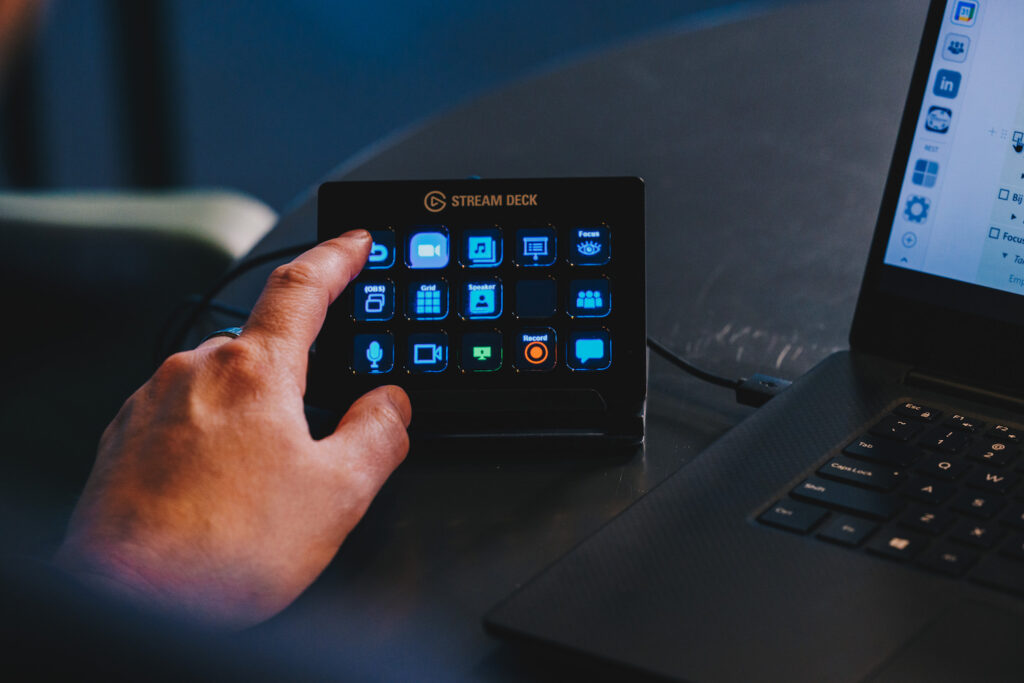
However, from a wider, long-term perspective, this rosy picture quickly palls: if everyone’s position is made redundant by robots, exactly who is going to buy the factory’s products? Every commercial product or service requires consumers with disposable income to purchase these products and services. And if people aren’t earning any money, consumers will vanish.
Yes, there is a lot to be said for advances in technology historically increasing productivity and creating new industries and professions in which new jobs replace the redundant old ones and absorb displaced workers. Voys founder Mark Vletter, for example, is convinced that AI will not replace humans. His optimism is echoed by no less an authority than the World Economic Forum. In its recently-published and hugely influential The Future of Jobs report, the WEF maintains that “the impact of most technologies on jobs is expected to be a net positive over the next five years.”
However, the impact made by AI is likely to be significantly more seismic than that of any technology that preceded it. Furthermore, the technology is still in its early infancy so the formulation of long-term prognostications is extremely difficult. Which is presumably why an influential thinker such as Anthony Zurcher of the BBC, in his opinion piece AI: How ‘freaked out’ should we be? makes the chilling assertion that “Experts have little confidence that those in power are prepared for what’s coming.”
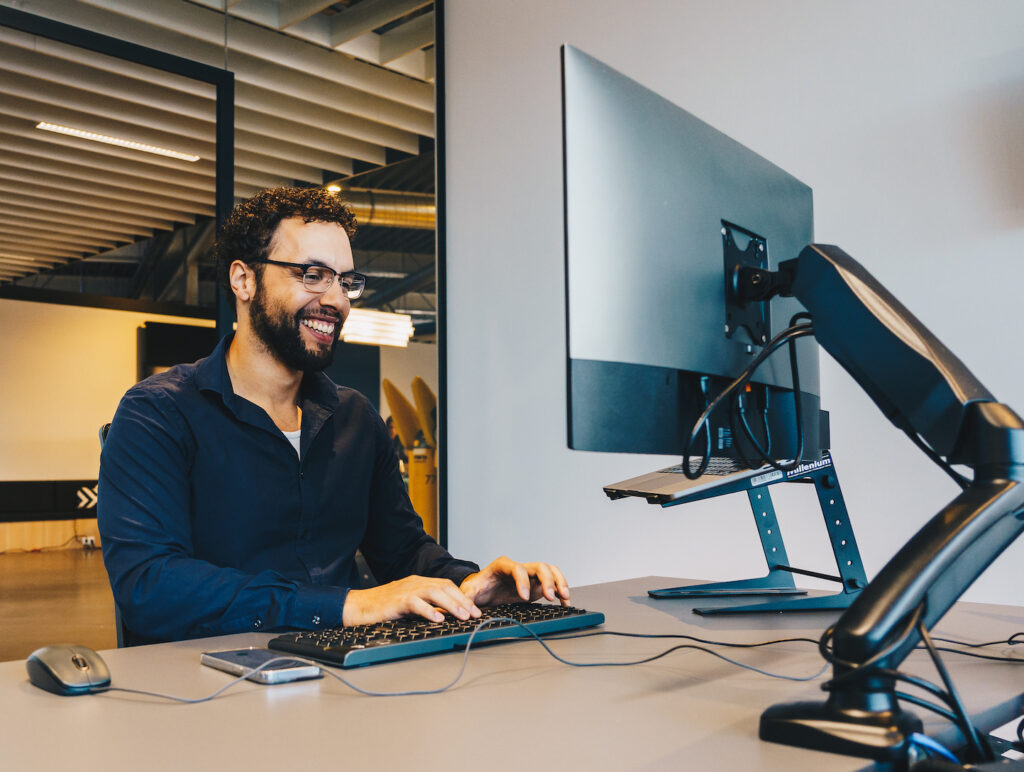
The Pandora Paradox
As alluded to in Part 1, humanity possesses a remarkable proclivity for producing paradigm-shattering innovations that result in tremendous benefits but whose deleterious effects only become apparent much further down the line. The parable of Pandora’s Box captures this quandary most pithily: is AI another one of those incredible, earth-shattering discoveries that initially appears as a blessing but sooner or later reveals itself as a curse?
As is the norm with many a controversial subject, opinions are sharply divided. However one such opinion that ought to be paid attention to once more is that of Arthur C. Clarke, author and inventor whose seminal 1968 work of science fiction Space Odyssey 2001 foresaw the promise and perils of technological advancement.
In both the book – and Stanley Kubrick’s masterful film interpretation – a human-built sentient AI called HAL 9000 comes to the conclusion that humans are too irresponsible to be left in control of such powerful technology. HAL 9000 kills the crew whilst uttering the immortal line: “This mission is too important for me to allow you to jeopardise it.” Let’s hope “this mission” is confined to deep space and excludes human life on earth.
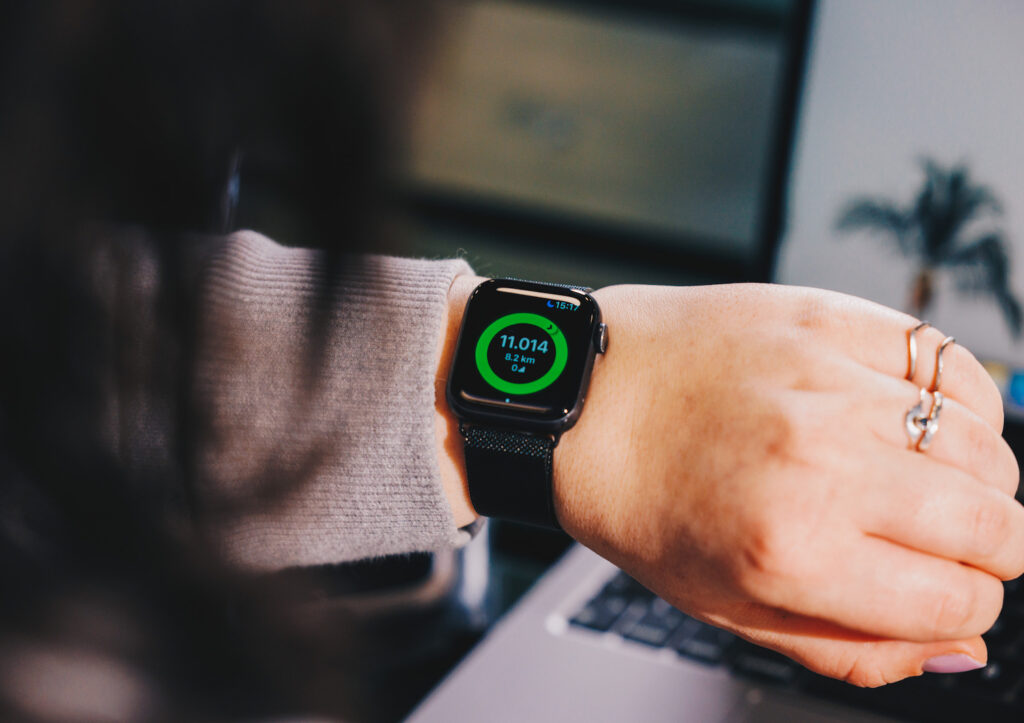
Despite his dazzling visions of the future, Clarke himself was rather conflicted upon the subject: he didn’t quite see the future as an unqualified good that can only result in increasingly exponential improvements in the quality of life, in particular life of the human kind. He expressed his somewhat jaundiced view in the aphorism: “This is the first age that’s paid much attention to the future, which is a little ironic since we may not have one.”
Fast-forward to 2023 and this trenchant observation is echoed by Tristan Harris and Aza Raskin, makers of the Emmy-winning Netflix documentary The Social Dilemma (whose ominous tagline reads “the technology that connects us also controls us”) and co-founders of the aptly-named Center for Humane Technology. In a recent Ted Talk entitled The AI Dilemma, Harris and Raskin quote the astonishing statistic that “50% of AI researchers believe there’s a 10% or greater chance that humans go extinct from our inability to control AI”.
Eccentric comedian and actor Emo Philips quipped: “A computer once beat me at chess. But it was no match for me in kung-fu”. Only time will tell if the future is populated by benign superintelligences who transform our planet into an earthly paradise for humanity where hunger, disease, inequality and catastrophic climate change are problems of the past. Or if we all need to start immediately acquiring our black belts – literally and figuratively – so we can stand our ground during the robot uprising.
Keen on a quarterly slice of succinct insights from the inside track? Sign up to our newsletter.